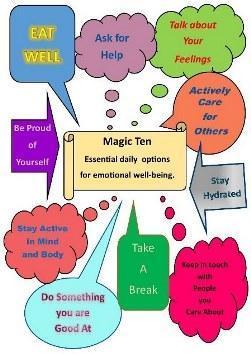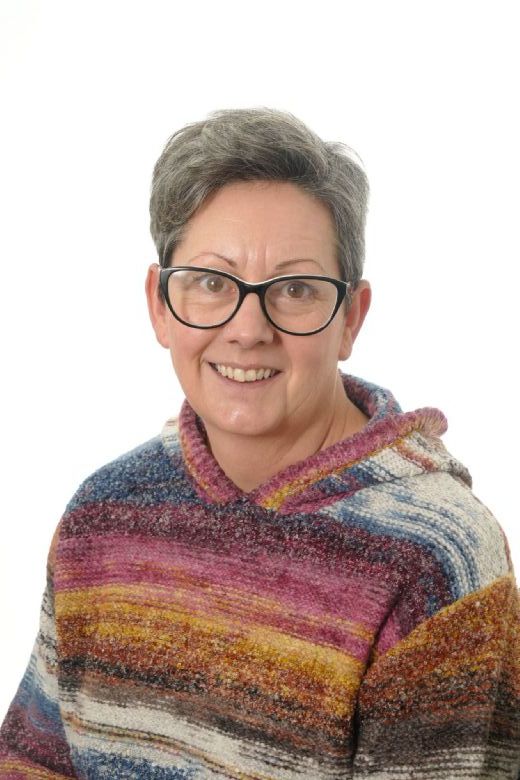Hardy Centre
A department within Great Torrington School that coordinates and delivers support for pupils with identified individual needs. Promoting factors that reduce blocks to learning.
A friendly, informal place that supports young people in identifying their individual needs. Whether through short-term or long-term intervention, the aim is to enable young people to be happier and more successful in and out of the school environment.
We are usually a good place to start when trying to work out the next steps.
Clancy Stephens - Hardy Centre Manager

A team approach by professionals experienced in differing fields promotes an environment of respect and equal regard, planned intervention, personalised learning, group work, 1:1 and reflective support.
Each student will work with appropriate people and be inspired to work towards their potential.
Gemma Vaggers
Kath Pitcher
Sherene Brooks
Macie Robertson
Interventions
The menu of interventions includes:
-Academic Support
-Academic Intervention
-Learning outside the classroom
-Social Skills programme
-SEMH
-Speech and Language
-Home school Liaison Link
-Mental Health Support Team
-Counselling
- Coping with anxiety
- Restorative interventions
- Support for EHCP and personal plans
In partnership with multiple agencies such as CAHMS, Youth Service, Ed Psych, YISP, TIC-TAC, IFIT, School Nurse, Doctors, LSAs, Teaching staff and Pupil Coaches, parents, the Hardy Centre forms a ‘HUB’ where interventions are effectively planned, recognising pupil needs and partner specialisms. The Hardy Centre has a flexible approach and is proactive, offering appropriate programmes to support individuals and groups within the school.
All interventions will be developed based on clearly identified outcomes, and clear planning.
Targets will be reviewed with pupils and other key people to ensure they remain relevant.
Continued assessment, support and observations will ensure the pupil is practising the learning from the intervention.
Referral Process
Heads of house and Pupil Coaches coordinate referral information and pass to Clancy Stephens or Helen Whiterod via referral form. Young people can self-refer via their pupil coach.
Informal discussions with Clancy Stephens or Helen Whiterod at the pre-referral stage work really well for identifying concerns and possible intervention aims.
Online safety is a hot topic, and we are able to advise on current trends and websites. We are able to offer 1:1 sessions that support an embedded understanding of risk-taking for young people, and closely liaise with parents as appropriate.
We work closely with primary schools around the transition period from year 6, so that all young people are aware of the Hardy Centre as a resource.
Current initiatives in the Hardy Centre

We promote Mental Health awareness throughout the school to ensure a mentally healthy environment to support the continued success of pupils, staff and parents. Assemblies, 1:1 support and collaboration with partner agencies ensure pupils have access to planned interventions that support healthy mental health.
Magic Ten is a way of talking about how we feel and things we can do each day to promote healthy mental health.
This concept and language will be embedded within the school so that young people become better skilled at recognising how to become resilient and caring.
Home School Liaison Link
Attendance is a key priority for GTS , as with all schools; at GTS we are aware that there may be, at times, difficulties facing a young person, meaning they need some additional support to access our learning environment.
When a young person’s attendance is starting to be affected, the first point of contact would be their Tutor and Head of Learning to start the ‘Graduated Approach’, in unpicking the barriers to them being able to access the learning offer.
Over time, if there is little or no progress despite all reasonable adjustments in place in school, the young person may then be referred to the Home School Liaison Link.
This role is incorporated under our ‘Hardy Centre Team’.
The role of the Home School Liaison link is to work with the young person and their family to build strategies to help them to start accessing school. This may include visits in the home or in alternative venues. A plan will be agreed with the aim to starting to access school.
These plans are regularly reviewed with the family and young person under the ‘Assess-Plan-Do-Review’ approach.
Once the young person is starting to access school, they will transition to the case load of the school based Hardy Centre Team. The Home School Liaison link will continue to have an input into their plan, but at this point will no longer be their first point of contact, nor will they be available to work directly with them once this transition has happened.
This will be managed as a planned approach, always with the needs of the young person at the centre of any decision.
When a young person is under the Home School Liaison link, there is an expectation they will be accessing at least 80% of their mainstream lessons with support by the end of Key Stage 3. If there is no or limited progress towards this, despite all best endeavours, we would then refer to external services to seek advice.
During this process it is essential that parents/ carers are committed to working with the school in forming and adhering to plans.
It should be noted that there is no expectation of GTS to provide work at home for young people who are not accessing school.
World Autism Awareness Week: A message to the public...
Today is the start of World Autism Awareness Week! To celebrate, we worked with our friends from across the UK to share what autistic people and their families told us they want the public to understand and our handy tips on how the public can help support autistic people better.




